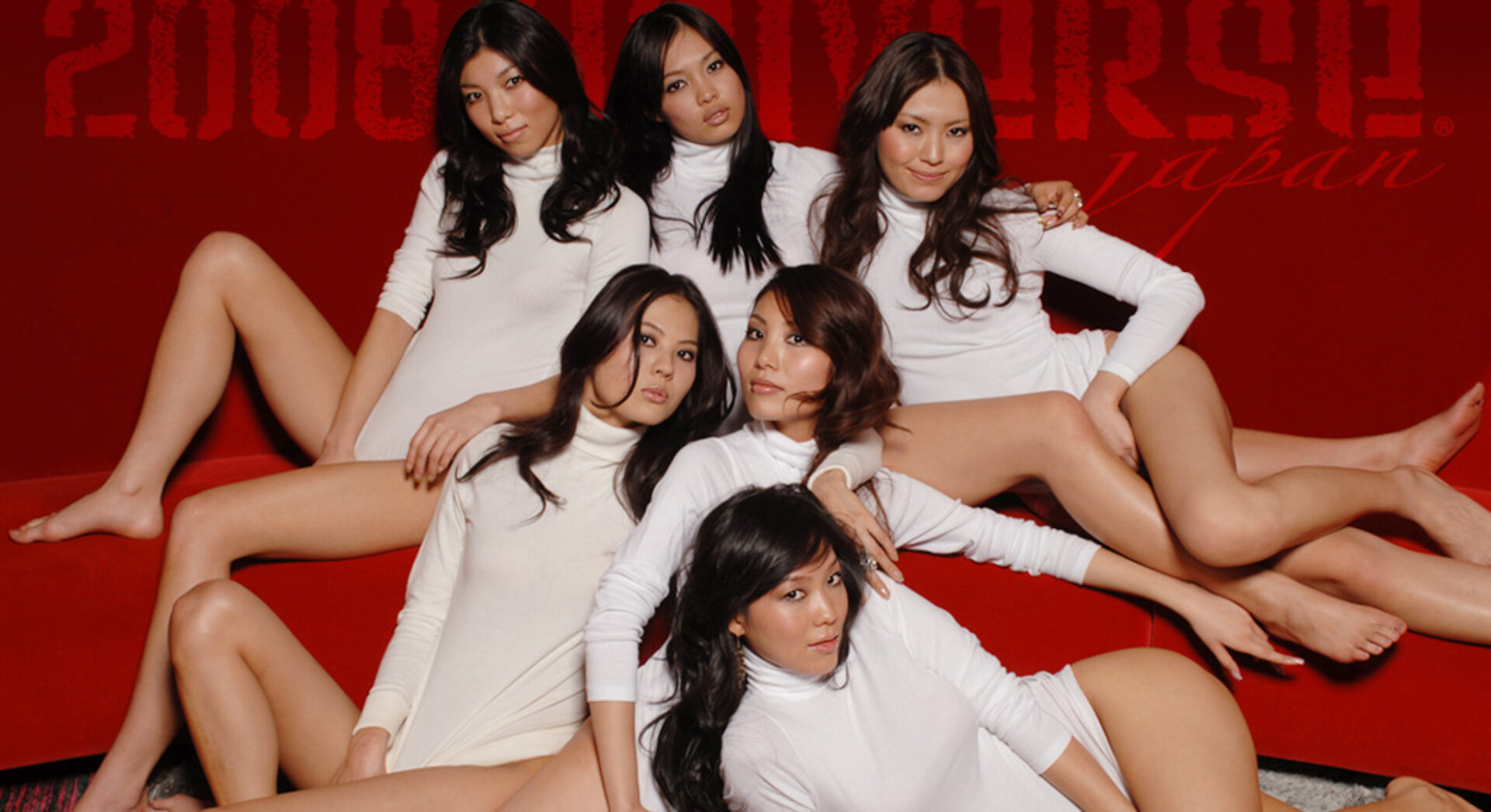I’m a baby boomer. And proud of it.
I’ve had it with people who should know better attacking my generation as a bunch of dope smoking, sex fiends, who shirked their responsibilities to serve and protect their country. That the folks born of the period were ” the most narcissistic, damaging and damaged, selfish generations we have ever produced.” People who should know better-like Dean Barnett and others who seem to think that all people born between 1947 and 1964 are somehow defective human beings. Folks with this view that feels as if every thing from the 60’s is painted black:
TO THOSE who were young then, the late 1960s were the best thing since 1789. All that followed paled by comparison. This was the time of the Paris riots, with students hurling cobbles and the flics hurling tear-gas back; the first convulsions over the war in Vietnam; the Prague spring, quickly crushed by Soviet tanks; and everywhere the sense that the young, by sheer numbers, could overthrow the established order and make the world again.If they failed to remake it, this was largely because they were out of it on one illegal substance or another.
That’s crap and so too is this hypothesis by the good Mr Barnett:
In the 1960s, history called the Baby Boomers. They didn’t answer the phone.
Confronted with a generation-defining conflict, the cold war, the Boomers–those, at any rate, who came to be emblematic of their generation–took the opposite path from their parents during World War II. Sadly, the excesses of Woodstock became the face of the Boomers’ response to their moment of challenge.War protests where agitated youths derided American soldiers as baby-killers added no luster to their image. Few of the leading lights of that generation joined the military. Most calculated how they could avoid military service, and their attitude rippled through the rest of the century. In the 1970s, ’80s, and ’90s, military service didn’t occur to most young people as an option, let alone a duty.But now, once again, history is calling. Fortunately, the present generation appears more reminiscent of their grandparents than their parents.
Besides the point that it is a gross mis-characterization of an entire group of people and an era-that actually has a lot of good things to remember (how many Gen X’ers walked on the moon?)-it is factually incorrect.
As they would say on NPR, lets go do the numbers.
In 1960, the population of the United States was 178,554,916 people. The size of the active duty military in 1960 was 2,475,400 men. (Women were less than 3% of end strength-ah for the good old days!). At the height of the Vietnam War the active duty force was 3,546,100. Expressed as a percentage that means 2% of the total population was serving in the military. In the 1960’s the military was deployed world wide not only trying to win in Vietnam but keeping the Soviet hordes at bay in Europe.
In 1970 the size of the armed forces was 3,064,800. The total American population was just over 203,976,452. Percentage wise about 1.5%
Now fast forward to 2000. US population is now 281,421,906. Total size of the active duty military 1,384,300. 0.4% of the US population was serving in the military. In 2005-5 years into the War on Terror and two years into the Iraq War-the number of people serving was about the same. (Much to the eternal shame of Donald Rumsfeld I might add-a boomer himself).
But wait, you say. The Cold War was on then, there was a draft, people had to serve. To which I reply-so what? The key fact is that they went. Much of the “Greatest generation” was drafted too-does that somehow dimish their service? Are the names on the long black wall in Washington DC somehow less worthy of honor and reverence than these names?
I would take issue with Mr Barnett’s lack of military service-except it would not be fair-he suffers from cystic fibrosis. However the guy he subs for is one of “the leading lights of that generation [who never] joined the military.”. Not our boy Hugh. While I was out boring holes in the Indian Ocean and almost getting shot into it, he was out getting his law degree. Like the fictional fellow barrister Barney Greenwald ( who at least had the decency to serve):
Meantime me, I was advancing little free non-Prussian life for dough. Of course, we figured in those days, only fools go into armed service. Bad pay, no millionaire future, and You can’t call your mind or body your own. Not for sensitive intellectuals. So when all hell broke loose and the Germans started running out of soap and figured, well it’s time to come over and melt down old Mrs. Greenwald–who’s gonna stop them? Not her boy Barney.
Or Hugh Hewitt.
What Barnett, and his mentor really want to do, is to undercut anyone who might happen to have the temerity to think that the talents Mr Barnett is extoling might be being squandered in a conflict that can have no good resolution for the United States. Just like many people had similar thoughts about during the 60’s and 70’s. Most them were not on the streets then. They were paying taxes, voting and doing the working and dying in the US then. Dean Barnett, and his American Spectator editors however, wish to advance the shibboleth that they are intellectually superior to those who hold opposition views to the war in Iraq.
Mr Barnett-before you go throwing rocks at the Boomers about serving-maybe you should look who served and who didn’t. Because of lot of your so-called friends never bothered.


